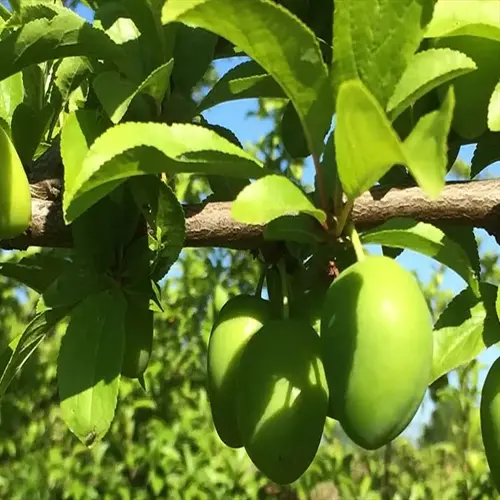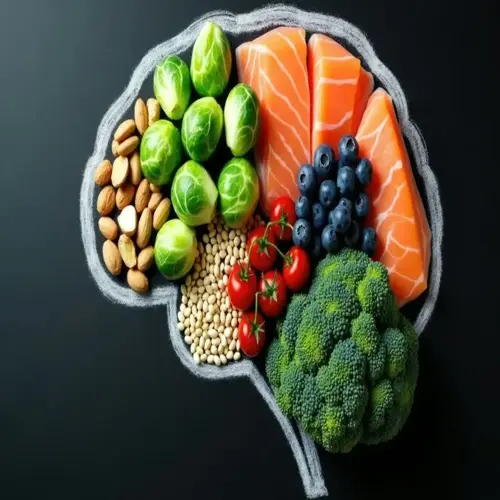Do naturally gluten-free grains provide good nutrition?

Written by
Chen Jialiang
Reviewed by
Prof. Graham Pierce, Ph.D.Naturally gluten-free grains offer exceptional nutrition, often exceeding that of wheat in certain areas. Grains such as quinoa, buckwheat, and rice provide good-quality protein and important minerals. These grains offer strong health benefits without the bowel problems associated with gluten. Adding them to the diet significantly improves the overall quality of the diet.
Protein Powerhouses
- Quinoa contains all nine essential amino acids
- Buckwheat offers 6g protein per cooked cup
- Amaranth has higher protein than wheat per serving
- Teff provides complete protein with iron
Mineral Density
- Millet delivers magnesium for bone health
- Sorghum provides copper and phosphorus
- Brown rice offers manganese and selenium
- Buckwheat contains rutin for blood vessel health
Digestive Support
- Resistant starch in rice feeds beneficial gut bacteria
- Buckwheat fiber regulates bowel movements
- Quinoa's saponins may reduce inflammation
- Teff improves gut motility with high fiber
These grains have a much lower glycemic impact than the wheat products and provide energy slowly enough to prevent blood sugar spikes.Ancient grains, such as amaranth, offer antioxidants that help support cellular activity and reduce cellular damage. Nutritious varieties act in diversity to support more effective long-term goals for good health.
Enhance benefits with proper food prep. Soaking grains overnight helps them absorb nutrients more effectively during the cooking process. Eating grains alongside vegetables is a great way to create balanced meals. Eating different grains helps access a wider range of micronutrients. These are helpful strategies when eating gluten-free foods to enhance nutrition.
Read the full article: 10 Gluten Free Benefits You Should Know

